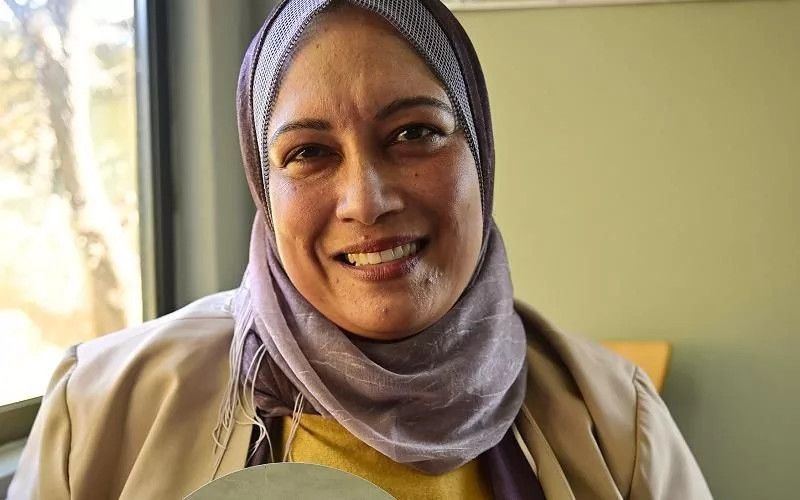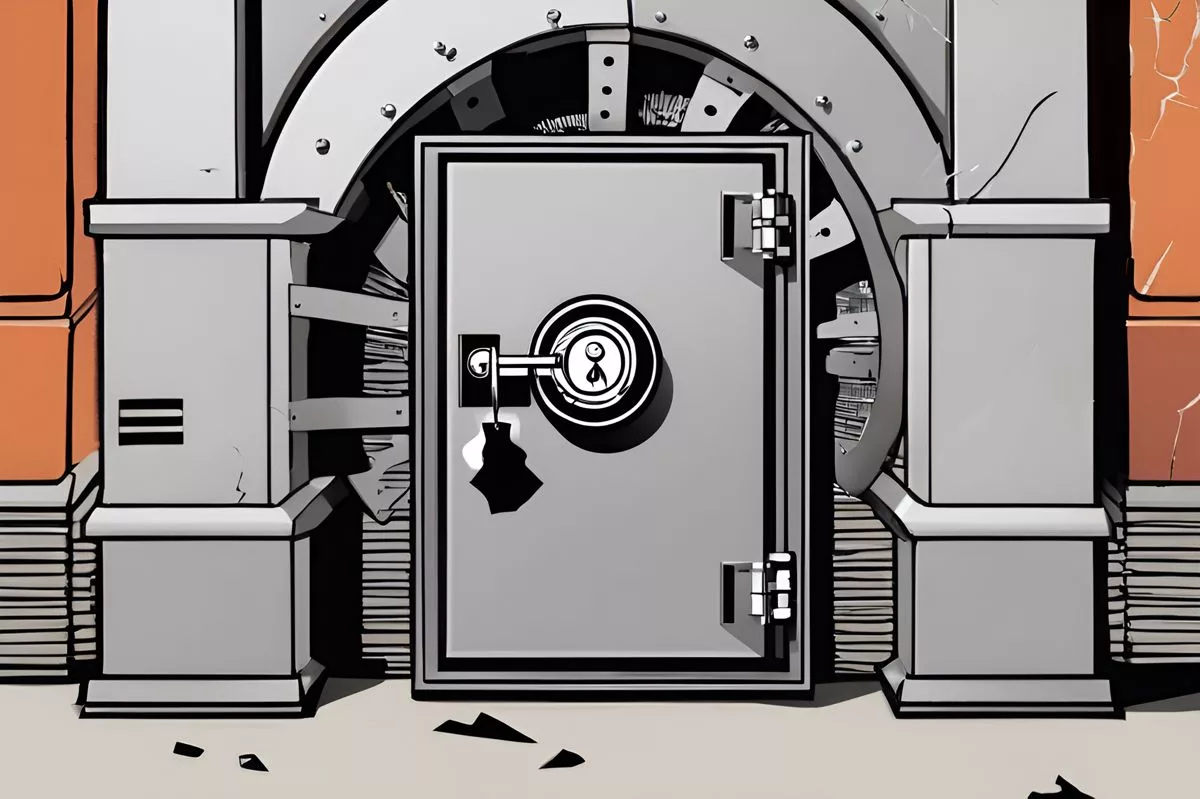Philippi is eagerly anticipating the development of the MyCiTi bus service expansion, which will connect nearly 30 communities in the region. The City of Cape Town is keeping residents informed and involved through knowledge-sharing sessions, as the construction is expected to cause disruptions during its two-and-a-half-year phase. Despite the temporary inconvenience, the completion of the second phase of the MyCiTi bus service will bridge the gap between locations and attest to the City’s dedication to advancement and progress for its residents.
Philippi’s Anticipation for the New Project
The forthcoming development of MyCiTi bus service expansion in the metro-south east has sparked excitement in Philippi. The City of Cape Town plans to organize knowledge-sharing sessions to keep residents informed and involved. The construction, spanning from the railway crossing to the R300 bridge, is expected to cause disruptions during its two-and-a-half-year phase. Nevertheless, the completion of the second phase of the MyCiTi bus service will bridge the gap between nearly 30 communities in the region, attesting to the City’s dedication to advancement.
Philippi’s Anticipation for the New Project
The heart of Philippi is abuzz with excitement, akin to a steady rhythmic pulse. This sense of anticipation is tied to the forthcoming development work along Govan Mbeki Road, a pivotal project marking the second phase of the MyCiTi bus service expansion in the metro-south east.
This anticipation isn’t circumscribed to the excitement of new infrastructure. It also stems from the City of Cape Town’s commitment to keeping its residents informed and involved. The City plans to organize a series of knowledge-sharing sessions at Lentegeur, Philippi, Gugulethu, and Khayelitsha. Slated for late July 2024, these sessions are designed to shed light on the construction process, explain the expected impact, and highlight the benefits it will bring to the inhabitants.
The Scale and Impact of the Project
The construction is scheduled to commence by mid-August 2024, spanning from the railway crossing approximately 200 meters from Klipfontein Road intersection to the R300 bridge. A project of this magnitude is likely to present some hurdles. The two-and-a-half-year construction phase is expected to cause substantial disruptions to the usual traffic patterns, making the City’s forthcoming information days even more crucial.
Rob Quintas, the City’s Mayoral Committee member for Urban Mobility, encourages residents and road users to participate in these information days. His invitation is not just a routine administrative gesture. It’s a heartfelt recognition of the disruptions that the project might inevitably cause. The City is offering its residents an opportunity to voice their concerns, ask queries, and make informed decisions to manage the forthcoming changes better.
The City has made extensive preparations to reduce the inconvenience. To prevent further aggravation of the existing traffic congestion, the roadworks will primarily occur during off-peak hours on weekdays. Nevertheless, residents should anticipate delays and, as much as possible, steer clear of the area. There may be times when one traffic lane in each direction might be closed.
The Future Promise of the MyCiTi Bus Service Expansion
The momentary inconveniences will give way to the benefits of the MyCiTi bus service’s second-phase completion – a substantial stride in urban mobility for the region. The objective is to provide scheduled, safe, and direct public transport to nearly 30 communities in the metro-south east. It will bridge the gap between locations like Mitchells Plain, Khayelitsha, Wynberg, and Claremont. This critical development, set to kick off in a month, attests to the City’s dedication to advancement.
For those keen to stay updated, the City has launched a digital platform with comprehensive project information. By logging on to www.myciti.org.za/phase2a, residents can obtain more details about the project and register for updates.
Cape Town’s Commitment to Progress and its Residents
In the modern era of swift urbanization, construction cranes towering over cityscapes have become an emblem of progress. In the context of Cape Town, these cranes don’t just symbolize infrastructural advancement but also mirror the City’s commitment to its residents.
This emphasis on enhancing the urban transport network, supported by a transparent and inclusive approach, underlines the City’s vow to keep Cape Town in motion. The scheduled information days are a testament to this dedication. Not merely this, they serve as a celebration of a community united and prepared to welcome the future.
What is the MyCiTi bus service expansion in Philippi?
The MyCiTi bus service expansion in Philippi is a project that aims to connect nearly 30 communities in the region with scheduled, safe, and direct public transport. The project marks the second phase of the MyCiTi bus service expansion in the metro-south east.
What is the City of Cape Town doing to keep residents informed about the project?
The City of Cape Town is planning to organize a series of knowledge-sharing sessions in Lentegeur, Philippi, Gugulethu, and Khayelitsha. These sessions, slated for late July 2024, are designed to shed light on the construction process, explain the expected impact, and highlight the benefits it will bring to the inhabitants. Additionally, the City has launched a digital platform with comprehensive project information where residents can obtain more details about the project and register for updates.
What is the expected impact of the construction phase?
The construction phase, spanning from the railway crossing to the R300 bridge, is expected to cause substantial disruptions to the usual traffic patterns. To reduce inconvenience, the roadworks will primarily occur during off-peak hours on weekdays. Nevertheless, residents should anticipate delays and steer clear of the area as much as possible. There may be times when one traffic lane in each direction might be closed.
What is the future promise of the MyCiTi bus service expansion?
The completion of the second phase of the MyCiTi bus service will bridge the gap between nearly 30 communities in the region, attesting to the City’s dedication to advancement and progress for its residents. It will provide scheduled, safe, and direct public transport to locations like Mitchells Plain, Khayelitsha, Wynberg, and Claremont.
How can residents voice their concerns and ask queries regarding the project?
The City of Cape Town encourages residents and road users to participate in the information-sharing sessions and voice their concerns, ask queries, and make informed decisions to manage the forthcoming changes better.
What does the City’s commitment to progress and its residents entail?
The City of Cape Town’s emphasis on enhancing the urban transport network, supported by a transparent and inclusive approach, underlines the City’s vow to keep Cape Town in motion. The scheduled information days are a testament to this dedication, serving as a celebration of a community united and prepared to welcome the future.












